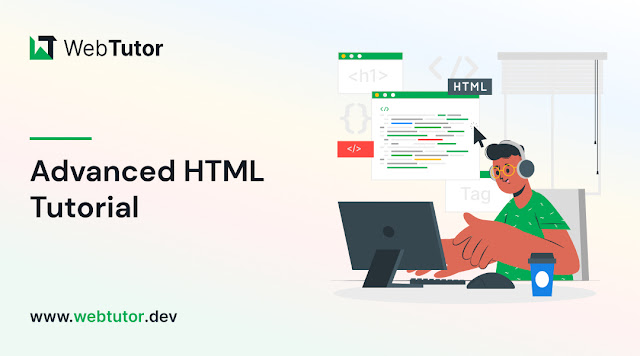Learn Online CSS Design Fundamentals: Backgrounds, Borders, Margins, Padding, Height, Width & Box Model
In this blog post, we will delve into the essential aspects of CSS backgrounds, borders, margins, padding, height, width, and the box model. Whether you're a beginner or an experienced web developer, understanding and utilizing these CSS properties effectively can greatly enhance the visual appeal and layout of your webpages. Follow along as we explore each topic with concise explanations and practical examples.
CSS Backgrounds:
CSS
backgrounds allow you to style the background of an element. Here's an
overview of commonly used background properties:
a. background-color:
The "background-color"
property sets the background color of an element. For example, to set a blue
background color, use:
.element {
background-color:
blue;
}
b. background-image:
With "background-image,"
you can specify an image as the background of an element. Let's say you have an
image called "bg-image.jpg" in the same directory as your CSS file.
To set it as the background image, use:
.element {
background-image:
url("bg-image.jpg");
}
CSS Borders:
CSS
borders enable you to add borders around elements. Here's an overview
of relevant properties:
a. border-style:
The "border-style"
property determines the style of the border. For example, to create a solid
border, use:
.element {
border-style: solid;
}
b.
border-color:
To set the color of the border, you can use the "border-color"
property. For instance:
.element {
border-color: red;
}
CSS Margins:
CSS Margins
allow you to control the space around elements. Here are the key properties to
consider:
a. margin-top, margin-right, margin-bottom, margin-left:
You can set
individual margin values for each side of an element. For example:
.element {
margin-top: 10px;
margin-right: 20px;
margin-bottom: 10px;
margin-left: 20px;
}
CSS Padding:
CSS Padding
is the space between the content of an element and its borders. Consider the
following property:
a. padding:
The "padding"
property sets the padding
for all four sides of an element. For instance:
.element {
padding: 15px;
}
CSS Height and Width:
Controlling the height and width of
elements is crucial for achieving desired layouts. Here's what you need
to know:
a. height:
To set the height of an element, use the "height"
property. For example:
.element {
height: 200px;
}
b. width:
Similarly, the "width" property sets
the width of an element. For instance:
.element {
width: 300px;
}
CSS Box Model:
Understanding
the CSS box model is fundamental to layout design. It describes how
elements are rendered on the page. Here's a brief overview:
The box model consists of four components: content, padding,
border, and margin. When you set the width and height of an element, it applies
to the content area. The padding adds space around the content, followed by the
border, which surrounds both the content and padding. Finally, the margin
creates space outside the border, separating it from other elements.
Consider the following example:
.element {
width: 200px;
height: 150px;
padding: 20px;
border: 2px solid
black;
margin: 10px;
}
Conclusion:
In this blog post, we covered the fundamental aspects of CSS
backgrounds, borders, margins, padding, height, and width. By mastering these
properties, you can take your web design skills to the next level. Experiment
with different combinations, explore advanced techniques, and create visually
stunning webpages. Stay tuned for more informative content at webtutor.dev!
Don’t Miss to Read



Comments
Post a Comment